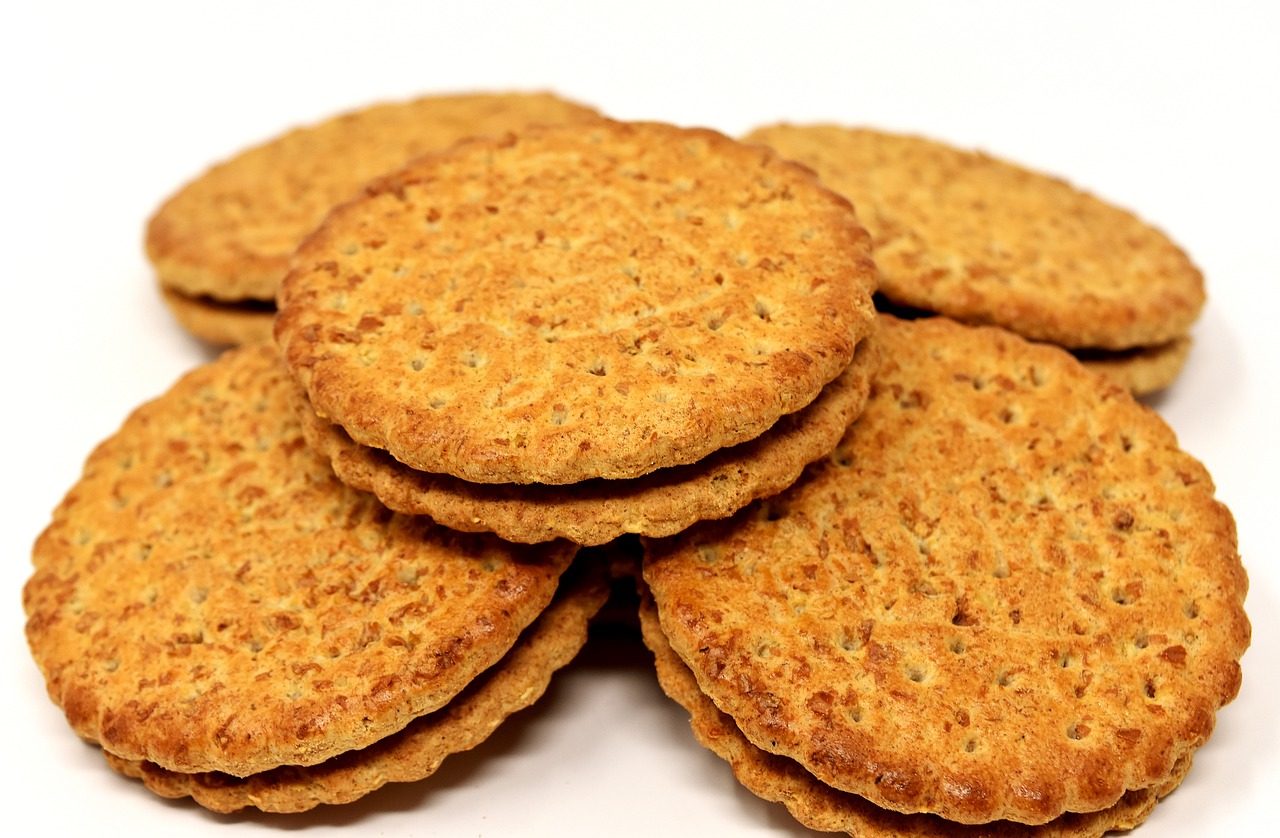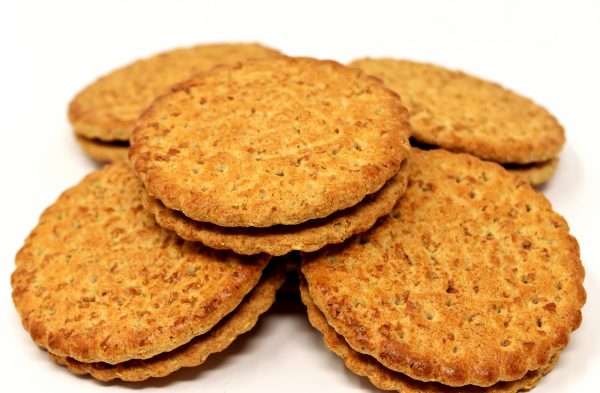Far from being just variably shaped baked flour snacks we keep our mouths busy with, biscuits are the bedrock of an industry that’s worth billions – and growing. A widely quoted report published in 2017 by the global business audit and advisory firm, KPMG, suggests that Nigerians’ love for crunchy cookies and crackers has helped create a sub-sector that’s valued at about ₦121 billion. Not bad for a peripheral consumable that hardly grabs the business news headlines.
Big bucks
Actually, biscuit has had more than a few significant stories in the media in the past couple of years. Think Bob Geldof, rock legend turned investor, leading his firm to capture a stake in local biscuits maker Beloxxi in 2016. And there was that big deal from last year, which saw agro products processing and supply chain company, Olam, buy up South Africa’s Titanium Holding, parent company of OK foods, for $167 million. Nigeria’s booming biscuits market played a big part in Olam’s buying decision, without a doubt. There are good reasons to believe that this is the case.
Why the biscuit business is getting sweeter
Nigeria’s population growth has been quite rapid. Young people between the ages of 0-15, who are more likely to munch on a cookie than anyone in older age groups, make up well over 40% of the country’s inhabitants. The age demographic is also getting even younger. Because the projected long term trend for household incomes is positive, the picture of the future of biscuits in Nigeria looks rather merry. It’s little surprise then, that investors are keen on positioning themselves for a scoop of the unfolding biscuit revenue bulge.
The market leaders
Yale held 35% of Nigeria’s biscuit market, according to market research firm Euromonitor. That meant that it retained its position as topdog in the biscuit sphere, ahead of competing brands like A & P foods and McVities. Other prominent players in the market include Niger biscuits, NASCO and Deli. The Euromonitor report predicts robust growth for biscuit production and consumption over the next few years, driven by producer expansions and consolidations, rising demand, and higher incomes.
It’s certain that there will be more major realignments in the biscuit industry, as international investors swoop over a Nigerian business landscape teeming with life and promise. This should cause us to think a bit more reverently about those hardened pieces of baked flour we so nonchalantly toss into our mouths everyday. After all, they could make a few millionaires in the coming years.


